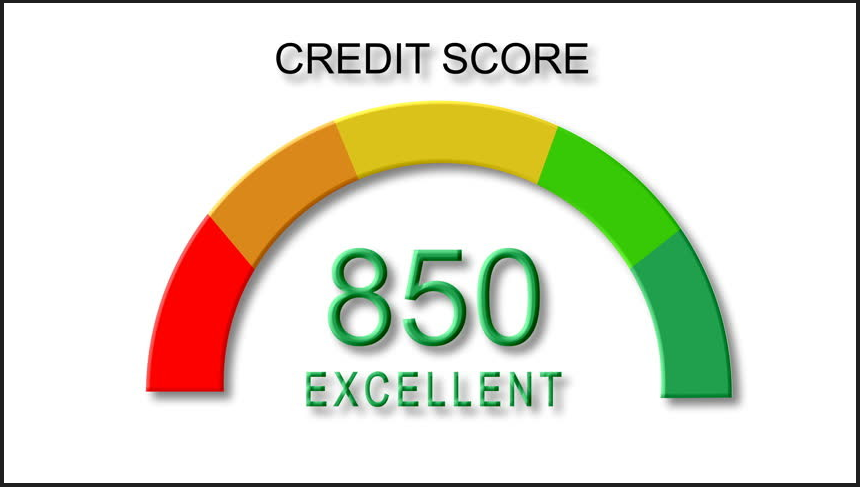Credit card debt can feel overwhelming, but with a strategic approach, you can regain control of your finances. Here are some effective methods to help you pay off your credit card debt and work towards financial freedom.
1. Understand Your Debt
Before you start paying off your debt, it’s crucial to understand how much you owe and the interest rates on each card. Make a list of all your credit card balances, interest rates, and minimum payments. This will give you a clear picture of your financial situation.
2. Choose a Repayment Strategy
There are several strategies to pay off credit card debt. Here are three popular ones:
- Debt Snowball Method: Focus on paying off the smallest debt first while making minimum payments on the others. Once the smallest debt is paid off, move to the next smallest. This method can provide a psychological boost as you see debts being eliminated one by one.
- Debt Avalanche Method: Prioritize paying off the debt with the highest interest rate first while making minimum payments on the others. This method can save you the most money in interest over time.
- Debt Consolidation: Combine multiple debts into a single loan with a lower interest rate. This can simplify your payments and potentially reduce the total interest you pay.
3. Create a Budget
A budget helps you track your income and expenses, ensuring you have enough money to cover your debt payments. Identify areas where you can cut back on spending and allocate those savings towards your debt. Tools like budgeting apps can be very helpful in this process.
4. Pay More Than the Minimum
Paying only the minimum amount due each month can keep you in debt for a long time. Whenever possible, pay more than the minimum to reduce your principal balance faster and save on interest.
5. Reduce Your Interest Rates
Consider negotiating with your credit card issuers for a lower interest rate. If you have a good payment history, they might be willing to reduce your rate. Alternatively, you can transfer your balance to a card with a lower interest rate or take out a personal loan to pay off high-interest debt.
6. Stop Using Your Credit Cards
To avoid accumulating more debt, stop using your credit cards until you have paid off your balances. Use cash or a debit card for your purchases to help you stay within your budget.
7. Seek Professional Help
If your debt feels unmanageable, consider seeking help from a credit counseling agency. They can provide advice, help you create a debt management plan, and negotiate with creditors on your behalf.
Conclusion:
Paying off credit card debt requires discipline and a solid plan. By understanding your debt, choosing the right repayment strategy, creating a budget, and making consistent payments, you can work towards a debt-free future. The journey to financial freedom is a marathon, not a sprint. Stay committed, and you’ll see progress over time.
Need Help with Managing Your Debt?
If you have any questions or need personalized assistance with paying off your credit card debt, feel free to contact me. I’m here to help you on your journey to financial freedom.
Also, don’t forget to leave a comment below with your thoughts, questions, or tips. Let’s support each other in achieving our financial goals!
Mission: Help 1 person apply the information that will make them 1% better.
If you know someone that can benefit from this information…
Share it using one the buttons below.
The financial information provided on this page is for educational purposes only. I do not offer advisory or brokerage services, nor do I recommend or advise investors to buy or sell particular stocks, securities or other investments. You are responsible for all decisions you make, or any actions taken based on this content. Some of the links in this blog are affiliate links. If you make a purchase through these links, I may earn a small commission at no extra cost to you. This helps support the channel and encourages me to keep making content like this. Your support is very much appreciated. Thanks for reading and watching.

